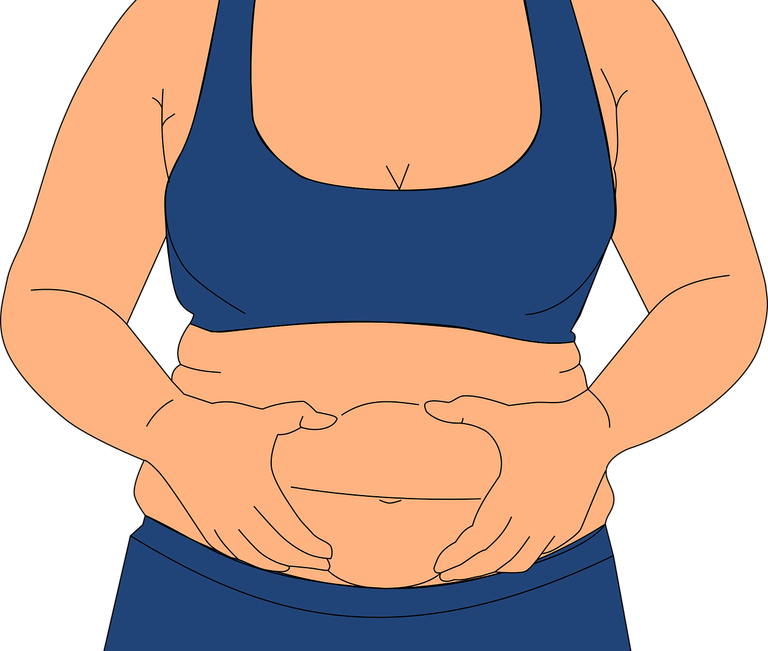The Complex Factors Influencing Obesity Beyond the Myth of Personal Choice
I was having a discussion with a group of friends and our argument was "Is being obese or slim a person's choice or not?" This argument took about 3 hours with everyone picking their own side and making their points. Well, I will be sharing the part I picked, and I will appreciate if you can share your own side with this topic.
If we are to give obesity a meaning, we would say that a person's body weight is higher compared to their height. In 2018, 42.4% of US adults had obesity and the number continued to increase through the pandemic and has become the most prevalent chronic disease. People can suffer from Mild, moderate and Severe form of Obesity measured with BMI where a person with the BMI of 30-34.9 is regarded as mild, BMI of 35 -39.9 being moderate, and BMI of 40 and greater have severe obesity.
Some people said being obese or slim was a matter of choice, in fact a friend of mine mentioned that it had to do with whom people socialize with, and will power but listening to this really sounded absorbed. Obesity, involves complex factors that go beyond mere willpower and social circles. If we are going to look at obesity, we will have to consider several factors including genetics, what we ate while growing up, when the frontal lobe was still developing thereby leading to food preferences, and so on. The hypothalamus in the brain is responsible for weight regulation as it tells the body what to do and how to store fat.
When we talk about food and obesity, people can want to put in the calories in, calories out formula where if the number of calories being burn is lesser than the number of calories being consumed can lead to obesity is another factor but then we need to also put into consideration that certain calories can cause humans to metabolize food differently, as they can either cause a person to eat more or less of a certain food. Also, when emphasizing on calories in and out, we should consider that some people are not able bodied and would not be able to burn the needed calories to remain in shape.
When I was laying down my fact that being overweight cannot be completely a person's fault, I mentioned medications. There are certain medications that patients are placed on which could cause them to gain weight over the period of the usage.
Although Obesity has been labeled a disease it is important that we also know that people who are obese can suffer other diseases or conditions such as Lymphedema and other conditions but this doesn't mean that being skinny is healthy. Obesity is a worldwide problem and it is in some way associated with the type of food that we eat. While we eat food to satisfy our hunger, it also drives our happiness. The food we find around us aren't whole food, they are foods that can drive hunger, and cause food disorder which could lead to increased weight.
The conversation around obesity goes beyond a binary view of personal choice. It requires an appreciation of the intricate interplay of genetic, environmental, and physiological factors. Recognizing the complexity of the issue is crucial for fostering a more comprehensive and empathetic understanding of body weight and health.
Reference
https://emedicine.medscape.com/article/123702-overview
https://www.who.int/health-topics/obesity
https://www.nhlbi.nih.gov/health/overweight-and-obesity
https://www.nhlbi.nih.gov/health/overweight-and-obesity/causes
https://www.msdmanuals.com/home/disorders-of-nutrition/obesity-and-the-metabolic-syndrome/obesity
https://www.cdc.gov/obesity/basics/adult-defining.html
https://www.ncbi.nlm.nih.gov/books/NBK459357/
https://www.ncbi.nlm.nih.gov/books/NBK278977/


Thanks for your contribution to the STEMsocial community. Feel free to join us on discord to get to know the rest of us!
Please consider delegating to the @stemsocial account (85% of the curation rewards are returned).
Thanks for including @stemsocial as a beneficiary, which gives you stronger support.